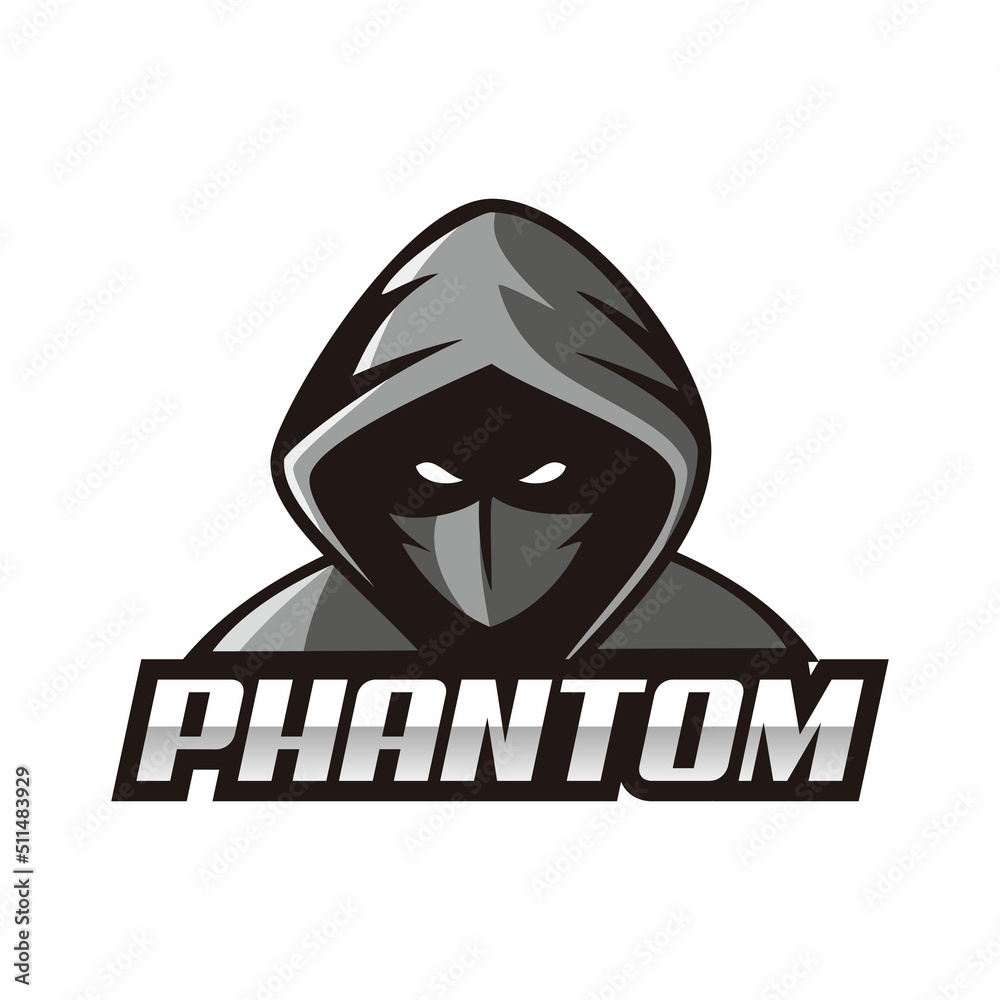So I was thinking about the whole Solana wallet landscape the other day, and something felt off about how people casually pick domains for their Phantom wallets. Seriously? You’d think the domain tied to your crypto assets would be locked down tighter than Fort Knox, but nope — most folks just go with the default or some random ENS alternative without a second thought. Wow! That’s a bit reckless if you ask me.
Now, I’m not trying to be the crypto police here, but when you’re dealing with millions—sometimes billions—in decentralized assets, even the tiniest security gap can lead to nightmare scenarios. Initially, I thought, “Okay, it’s probably just phishing risks,” but then I dug deeper and realized there’s a whole ecosystem of security features, NFT marketplace integration, and cross-chain bridges that get heavily influenced by your domain choice. And guess what? Not every domain plays nice with these.
Here’s the thing. Many Solana users are so hyped about the flashy NFT drops or seamless cross-chain swaps that they overlook the domain’s foundational role. On one hand, the domain acts like your digital identity—a handshake between you and the blockchain world. Though actually, it’s more like the key to your front door, and you definitely wanna avoid cheap locks.
Okay, so check this out—some newer domains are specifically designed with enhanced security protocols that integrate natively with Phantom wallets. This means fewer attack vectors for hackers trying to hijack your assets through domain spoofing or DNS hijacking. And when you connect your Phantom wallet to NFT marketplaces, these domains can verify your ownership more robustly, reducing the risk of fake listings or fraudulent transactions. Hmm… that’s pretty huge when you think about it.
But wait, there’s more. Cross-chain bridges often require seamless authentication layers to ensure your assets move safely between blockchains. Domains optimized for Phantom wallets can facilitate smoother, more secure cross-chain interactions by embedding cryptographic proofs directly linked to your wallet identity. Initially, I thought this sounded a bit over my head, but after playing around with a few testnets, it became clear how such domains could drastically cut down on bridge-related exploits.

Now, I gotta admit, I’m biased, but the domain phantom struck me as a game-changer for these reasons. It’s not just a catchy name; it’s built with security-first principles, native NFT marketplace compatibility, and cross-chain bridging in mind. Plus, the UX is smooth enough that even my tech-averse friends could handle it without sweating bullets.
Here’s what bugs me about the current trend: many users jump on cheap or free domains without checking if they support these advanced features. You might save a buck or two upfront, but risk losing your entire portfolio down the line. And yeah, I get it—crypto’s all about freedom and decentralization, but some guardrails, especially on security, are very very important.
On a side note, the integration between Phantom wallets and NFT marketplaces is evolving fast. A domain that doesn’t support seamless token verification can seriously slow you down when you’re trying to list or bid. I had a buddy who lost hours because his domain wasn’t recognized correctly by a major marketplace—frustrating, right? So if you’re looking for an alternative domain, weigh this factor heavily.
Security That Goes Beyond Passwords
Most people assume that their wallet’s seed phrase or hardware device is the only line of defense. But here’s a curveball: your domain can act like a second layer of security. Domains designed for Phantom wallets incorporate cryptographic validation tied to your wallet’s public key. This means that even if someone somehow steals your seed phrase, they still can’t impersonate your domain without additional proofs. Whoa!
Actually, wait—let me rephrase that. It’s not a silver bullet; no security measure ever is. But combining domain-based cryptography with wallet protection adds a formidable hurdle for attackers. This layered defense is especially critical when you’re interacting with cross-chain bridges, which are notorious for being exploited.
Speaking of cross-chain bridges, they’re like the highways of crypto, connecting islands of blockchains. However, these highways can be riddled with potholes—bugs, hacks, and slow confirmations. Domains that support Phantom’s security protocols can embed metadata that authenticates bridge transactions in real-time. This reduces uncertain delays and potential fraud. I’m not 100% sure how future-proof this is, but early signs are promising.
Oh, and by the way, the NFT marketplace integration isn’t just about security. It’s also about convenience. Imagine a marketplace where your domain is recognized instantly, your wallet connects without multiple pop-ups, and your transaction signatures are verified at lightning speed. That’s the kind of smoothness that can make or break user adoption. Yep, I’m talking user experience that feels as natural as sending a text message.
Now, some might argue that all these perks come with a higher price tag or complexity. On one hand, that’s true, but on the other, you’re investing in peace of mind and future-proofing your crypto identity. Plus, the community around these advanced domains is growing quickly, meaning better support and more integrations over time.
So, if you’re a Solana user hunting for a domain to pair with your Phantom wallet, don’t settle. Take a moment to consider what really matters—security features, NFT marketplace friendliness, and cross-chain bridge compatibility. The default choices might be easy, but they might also leave you vulnerable or frustrated later on.
In my experience, the best domains are those that feel like extensions of your wallet—secure, intuitive, and reliable. The phantom domain ecosystem nails this balance better than most alternatives I’ve tested. Seriously, check it out when you get a chance.
Anyway, I’m still exploring some edge cases and new integrations, so I’ll probably revisit this topic soon. But for now, if you care about your Solana assets and want to dodge common pitfalls, think long and hard about your domain choice. It’s more than a name—it’s your digital armor.